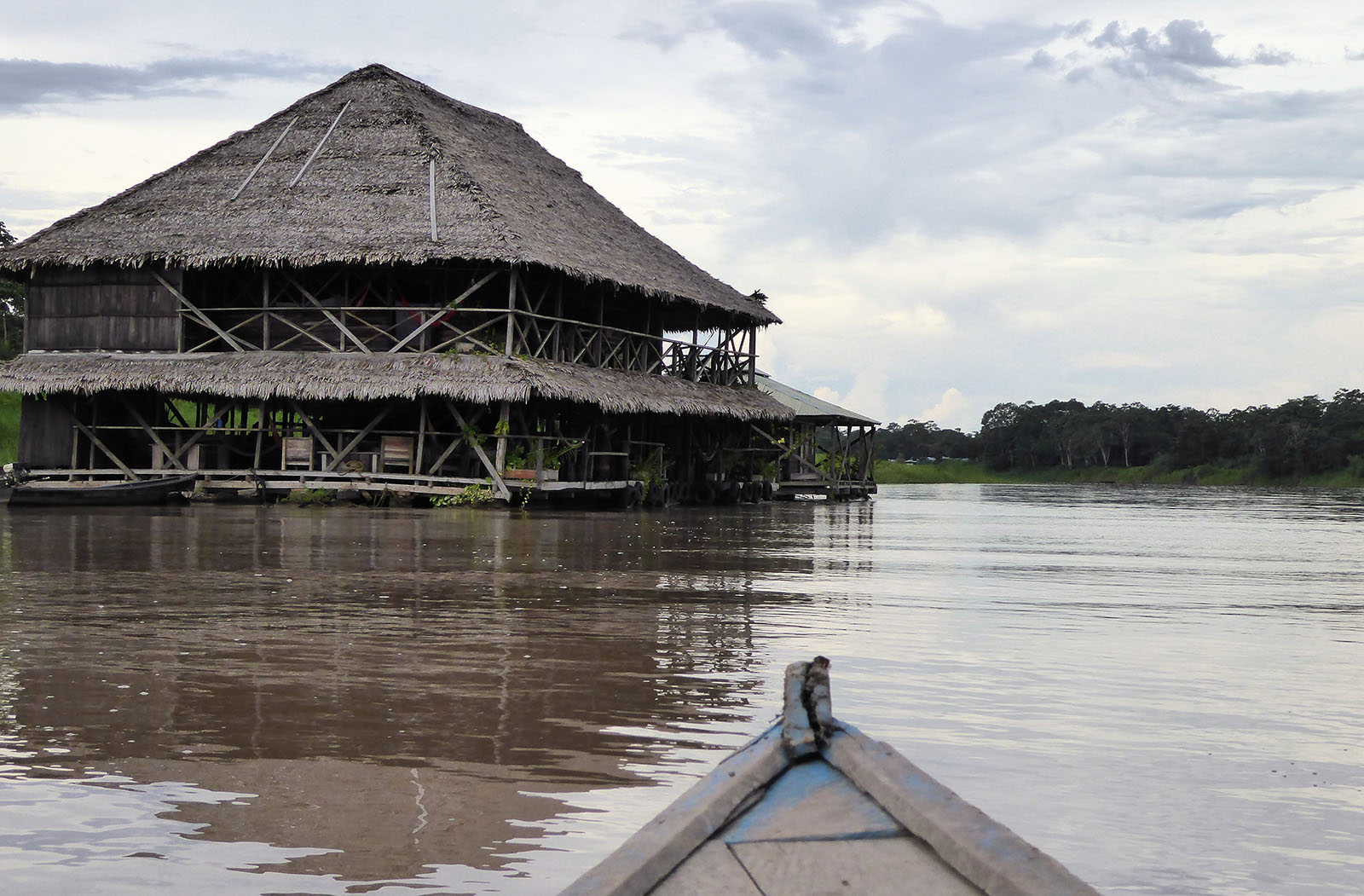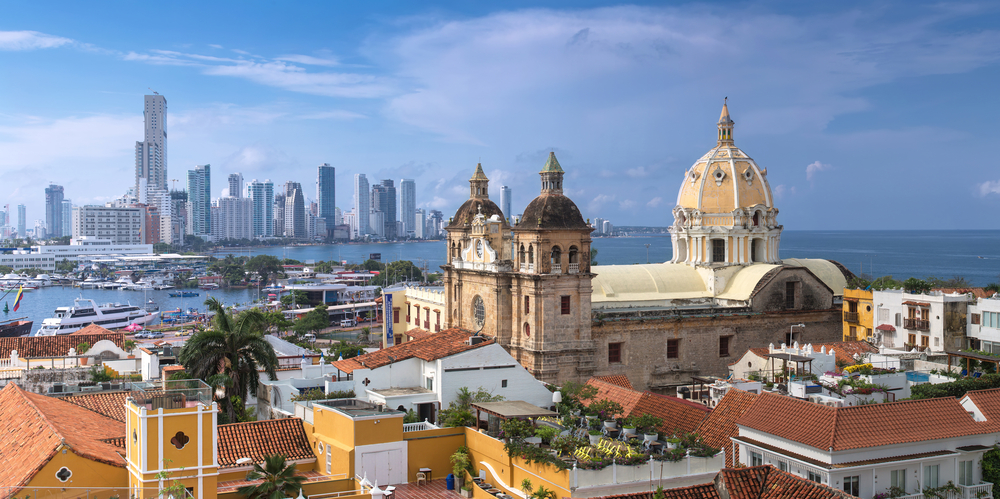WOLA warns that unless Colombia takes its obligations to former fighters more seriously we will see more killings.

On the evening of Thursday, August 27, three young people were killed in the rural town of Andes, in Southwestern Antioquia. One of the three male victims was just 14 years old. This was the latest in a wave of similar violence in Colombia, four of which took place over the penultimate weekend of August. Many of the victims were under the age of 18.
According to an August 25 report carried out by peace and development NGO, Indepaz, 46 massacres have taken place in Colombia over the course of this year, killing a total of 185 people. The country’s most affected departments include Antioquia, Cauca, Nariño, and Norte de Santander.
Why are the massacres happening?
In a recent Facebook Live discussion broadcast by the Centre for Memory, Peace and Reconciliation, Indepaz Director Camilo González Passo, put the recent wave of massacres down to “systematic action” to “dispute control over territory.”
“Those who are armed are the principal protagonists, but there are always determinant forces behind them, who are accumulating wealth and power,” added González, who explained that they run illegal businesses such as drug trafficking, mining, and logging.
These illegal armed structures include demobilised FARC dissidents, members of the ELN, demobilised members of the AUC paramilitary group, and other illegal armed groups, Gimena Sánchez, Director for the Andes at the Washington Office on Latin America (WOLA) explained.
Sánchez blames the intensification of violence in Colombia on President Iván Duque’s “inability, unwillingness and at times obstruction in advancing implementation of the 2016 peace accord.”
“In particular, its disdain for transitional justice, lack of implementation of the rural land reform, alternative to illicit crops and the Ethnic Chapter,” she continued.
“The Duque government is prioritizing the Venezuelan crisis over the internal humanitarian and peace ones in Colombia,” she explained. “This makes it more difficult in terms of funding and actions for the international community attempting to advance addressing those issues in-country.”
What effect are these massacres having on local populations?
Part of the goal to control territory involves instilling fear and panic into the population, said Reverend Juan Carlos Osorio, leader of the Network of Craftsmen of Peace, Mercy and Compassion, who works with communities in Southwestern Antioquia.
“Fear paralyses you,” he said. “When people are scared, they no longer go out to walk. When people are scared, they no longer meet up. When people are scared, it generates mistrust. When people are scared, the social fabric is destroyed.”
Is massacre the right term to describe these murders?
While President Iván Duque has controversially refrained from using the term “massacres,” instead referring to the incidents as “collective homicides,” Indepaz defines the term “massacre” as the collective intentional homicides of three or more defenceless people, at the same time, in the same place and in the same way.
“Massacre is a term that has been being used colloquially and by journalists,” Colombia’s Minister of Defence, Carlos Holmes Trujillo, told Blu Radio in an interview.
Reverend Osorio disagrees. “When I heard the President referring to what had happened as a ‘collective homicide,’ I immediately thought of the term understatement…which is about dressing up reality,” he told The Bogotá Post.
“Words construct reality,” he added. “And I think this is what the president was trying to do, build a reality that is different from what the facts overwhelmingly reflect.”
Has the COVID-19 pandemic compounded this violence?
Defence Minister Holmes Trujillo told Semana that this criminal phenomenon has been happening in Colombia for many years.
But WOLA’s Sánchez claims that these illegal armed groups have taken advantage of the pandemic and the lockdown restrictions to advance their military and economic agendas. “Narcotrafficking and illegal activity can only be taking place to the extent that it is due to corruption or such forces looking the other way,” she said.
Reverend Osorio also raises questions of corruption, given that Colombia has had one of the world’s longest and strictest lockdowns.
“How is it possible that, with so much institutional control from the police and the military [during lockdown], that they can move around so noisily?” he asks. “It’s also about asking the police authorities why their presence has been lacking,” he added.
What is the government doing to combat it?
On August 22, President Duque claimed he had launched an elite police unit to pursue the “delinquents.” And five days later, Defence Minister Holmes Trujillo announced the creation of a Special Unit for the Identification, Location and Judicialisation of Perpetrators of Collective Homicides, reported El Espectador.
The minister later told Semana that Colombian government was also prioritising ridding the country of illicit coca crops, because of their links to violence, killings of young people and social leaders, and deforestation.
What is civil society doing in response to the massacres?
Reverend Osorio and his colleagues at the Network of Craftsmen of Peace, Mercy and Compassion are focused on advocating for peace during this year’s Semana por la paz, which is due to take place virtually from September 6-12. Last year, the network offered a diploma course for social leaders in development and social transformation.
Osorio and his team are also pushing for public policies to create opportunities for the country’s rural youth population. He believes they are particularly at risk of becoming involved with illegal armed groups due to a lack of educational and labour opportunities, which has worsened during the pandemic.
“Young people will always be fresh meat for many illegal groups’ death projects,” he said.
And in rural areas of Antioquia, collectives of young people such as the Movimiento de jóvenes del suroeste and the Red de jóvenes Suroeste 2050, who recognise that their lives are in danger, are mobilising in response.
On the last weekend of August, the Red de jóvenes Suroeste 2050 organised a candlelit vigil — as well as performances, art installations and music — which took place in municipalities across Southwestern and Eastern Antioquia, in towns such as Concordia, Támesis, Pueblorrico, and Jardín, to honour the lives of those massacred.
Movimiento de jóvenes del suroeste is organising and collecting funds for a vigil for peace next month in Venecia, Antioquia, which will involve painting a mural, and carrying out a memory ritual and a candlelit vigil for the family members and friends of the young people who were murdered.
“We aim to make the pain we feel as young people about the violent events that have occurred in our country visible,” Red de jóvenes Suroeste 2050, whose representatives preferred to remain anonymous for security reasons, told The Bogotá Post. “It’s a cry of disagreement with the state’s absence in the peripheral or vulnerable areas of the country.”
“We fight so that violence doesn’t become our landscape,” the collective added. “It’s not normal.”
What does this mean for peace in Colombia?
“Colombia has always been multiple conflicts rolled up into one,” said Sánchez at WOLA. “This post-2016 peace situation is particularly complex because of the fragmentation and re-organisation of illegal groups after the demobilisation of the FARC. Also, in terms of the ELN, the Venezuela situation has complicated things further since the group operates on both sides of the border.”
“Unfortunately, unless Colombia takes its obligations to former fighters more seriously we will see more killings of demobilised and recidivism,” she added.
“The ELN-Colombia conflict will worsen, with civilians bearing the brunt of the violence, as long as Duque refuses to agree to humanitarian minimums and to heed calls by the UN and the Pope to establish a ceasefire. The illegal armed groups linked to paramilitary structures and narcotrafficking will continue to grow.”





